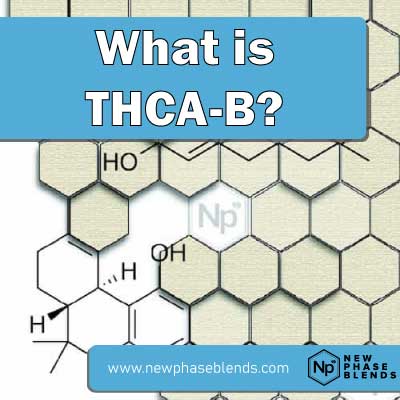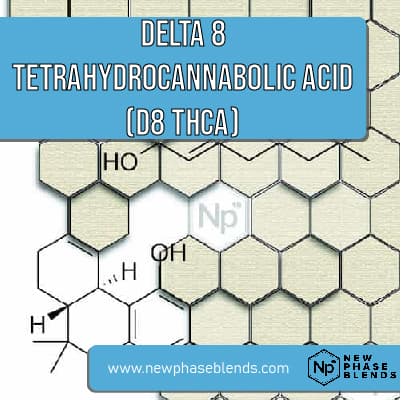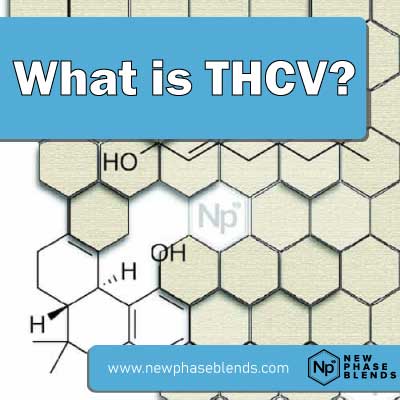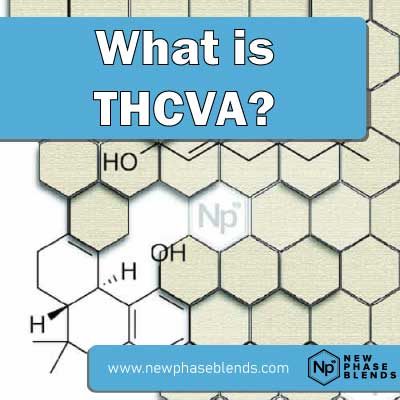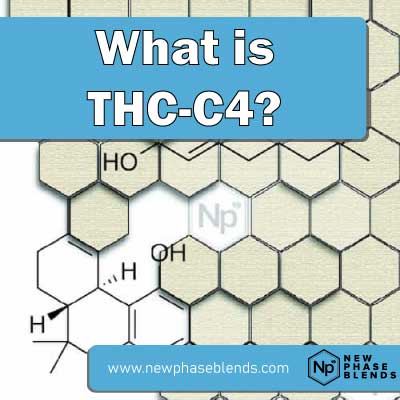If you are familiar with cannabis, there are chances you might have heard about Tetrahydrocannabinol (THC). THC is also known as delta-9-tetrahydrocannabinol, which is a cannabinoid within the cannabis plant that is responsible for its intoxicating effects on users. There are many different variants of THC, which is where delta-9-tetrahydrocannabinolic-acid-B comes into play. This acidic cannabinoid is not well known, but we’ll cover the little that scientists have discovered about it.
What is Delta-9-Tetrahydrocannabolic-acid-B (THCA-B)?
THCA-B is a cannabinoid that has always been confused with THC, and THCA-A.
THCA-A was first identified in 1965 by Professor Friedhelm Korte at the Univerity of Bonn. 4 years later, in 1969, a second THC acid was discovered by Raphael Mechoulam from the University of Jerusalem. The second acidic form of THC called ‘isomer 4-carboxy-THC’ was later named delta-9-tetrahydrocannabinolic acid B (THCA-B).
THCA-B is only present in extremely concentrated samples of things like hashish that have little or no THCA. The weight of overall THCA-B concentration is said to be lower than 0.5%.
Research has made it known that THCA-A is first synthesized by the cannabis plant. As a matter of fact, it is the primary reason behind many of the pharmacological studies that exist. THCA-B, on the other hand, has better stability, and it crystallizes more readily than THCA-A. This attribute makes THCA-B a compound worthy of study.
It’s difficult to nail down specific research on THCA-B, because most researchers simply used the term THCA as a blanket cannabinoid. This made finding information on this cannabinoid pretty tough.
How THCA-B Works in the Body
There is little or no knowledge on how THCA-B works, but one can assume that being a precursor to THC, it shares the same mechanisms of action.
Due to the extra acid group of THCA, the molecule does not attach to CB1 cannabinoid receptors, as THC does.
This is why THCA doesn’t give a psychoactive effect. THCA, however, attaches to the TRPM8 receptor (the one that makes us experience a sensation of cold when we taste mint) and activates the TRPA1 receptor (which makes us feel the spiciness when we eat things like mustard or cinnamon).
The therapeutic effect of THCA may be caused by its blocking MAGL enzymes. This type of enzyme is responsible for breaking down the cannabinoids produced by the body, which binds to CB1- and CB2 receptors. Unfortunately, not a lot of research has been done, making it unclear how exactly THCA works.
POSSIBLE THERAPEUTIC BENEFITS
There is an insufficient study on the medicinal properties of THCA-B. But for the closest compound, THCA it is believed to offer various minor medicinal benefits.
INTERESTING FACTS
THCA-B has far greater stability than THCA-A, and it crystallizes more readily. Did you know that two isomers in regards to THCA were found? These isomers are 2-COOH-THC (THCA-A) and 4-COOH-THC (THCA-B).
References
Tetrahydrocannabinolic acid reduces nausea-induced conditioned gaping in rats and vomiting in Suncus murinus, http://onlinelibrary.wiley.com/doi/10.1111/bph.12316/full
Non-psychotropic plant cannabinoids: new therapeutic opportunities from an ancient herb, http://www.sciencedirect.com/science/article/pii/S016561470900128
Tetrahydrocannabinolic acid is a potent PPARγ agonist with neuroprotective activity. https://www.ncbi.nlm.nih.gov/pubmed/28853159
Non-THC cannabinoids inhibit prostate carcinoma growth in vitro and in vivo: pro-apoptotic effects and underlying mechanisms. https://www.ncbi.nlm.nih.gov/pmc/articles/PMC3570006
Back to List of Cannabinoids



